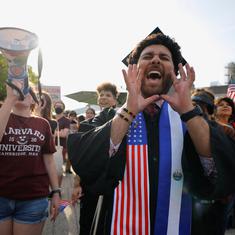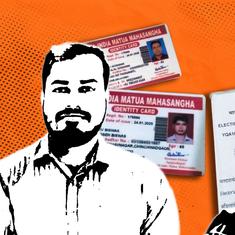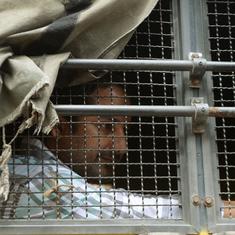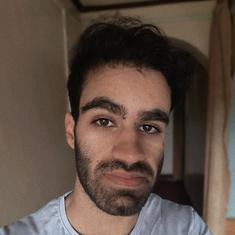Privacy is a fundamental right, but not an absolute one: Centre tells Supreme Court
Attorney General KK Venugopal said those who framed the Constitution had deliberately not mentioned privacy as an absolute right.

The Centre on Wednesday told the Supreme Court that privacy is a fundamental right, but one that is wholly qualified. A nine-judge bench is hearing the matter to decide whether right to privacy is a fundamental right.
Government interference is allowed in special cases if it is a wholly qualified right, however, there are no amendments made in absolute rights. “The right to privacy consists of various aspects and is a subspecies of the right to liberty, every aspect of it will not qualify as a fundamental right,” Attorney General KK Venugopal said during the hearing.
Venugopal further said those who framed the Constitution had intentionally refrained from adding privacy as the fundamental right, India Today reported. The attorney general told the apex court that the privacy rights of a few could “destroy the rights of a large group of others”.
“Aadhaar is to secure poor’s right to life – food, shelter,” Venugopal said, according to Hindustan Times.
The hearings came on a day when four states – West Bengal, Puducherry, Karnataka and Punjab – moved the Supreme Court in support of declaring the right to privacy a fundamental right. Senior advocate Kapil Sibal, representing the four states, said the court “needs to strike a balance between the rights of the state and citizens on one hand and rights of citizens and non-state actors on the other”.
On July 19, the court had said that the right was not absolute enough to stop the government from adding restrictions. It had held that violations of its provisions could only be decided on a case-to-case basis.
A nine-judge Supreme Court bench and a number of lawyers had held a long debate on the limits of the right to privacy. The outcome of the hearing is likely to determine whether Aadhaar cards violate such a right. The bench hopes to determine whether citizens have the right to privacy under the Indian Constitution.









